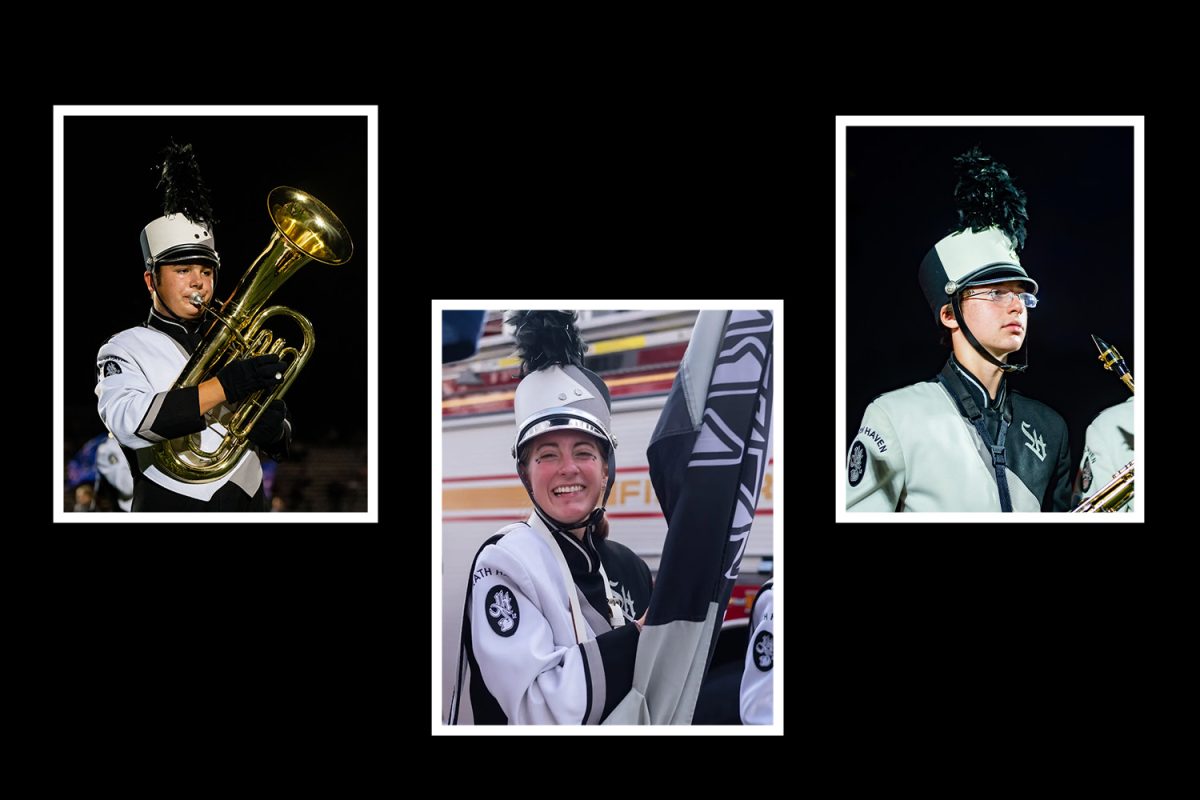Are movies getting longer? It kinda feels like it, doesn’t it? Or maybe our attention spans are shrinking, making an hour and a half feel like a little eternity, like quite the commitment. Lots of other things are changing as well, like new streaming services and pirating rates; however, running times seem to be all over the place, from the freedom granted by streaming and a lack of conflicting schedules to the fact that short, episodic programs are competing with feature length films and putting up a good fight. Lulu Wang’s The Farewell clocks in at around an hour and forty minutes. Not a terribly long movie. Just about average.
The Farewell is both directed and written by Wang, and based off of true events from her life. The story follows the main character Billi and her relationship with her grandmother, Nai Nai. Billi is in her twenties and leading a seemingly very American life as a struggling artist in New York, whereas Nai Nai lives in China with her husband, far away from most of her family. The movie explains that years prior, Billi’s father had taken his family to America, just as his brother took his family to Japan. The Farewell shows the whole family returning to Nai Nai’s apartment for the first time in years, visiting under the guise of Nai Nai’s grandson’s wedding. The real reason behind the gathering is much more somber: Nai Nai has been diagnosed with stage four lung cancer and given three months to live. However, she does not know this, as her family has chosen to keep the terminal disease a secret from her to prevent her suffering, as is common in Chinese culture.
The Farewell shines in many ways. It is wonderfully written and acted and easily transitions between drastically different relationships all within the family. The story is fantastic as well; at times the juxtaposition of a young couple’s wedding with the weight and tragedy of cancer brushes upon dark humor. The crux of the matter is the cultural differences Western vs. Eastern attitudes in regards to illness and death. This distinction and its consequences are illustrated in the conflict between Billi and the rest of her family. Billi loves her grandmother dearly, and is torn between wanting to tell her the truth and wanting to keep her in ignorant bliss. From an objective point of view, The Farewell should’ve been a fantastic movie. It could have been, perhaps, but it was missing that something that takes it from a work discussing cultural differences and family relationships to a truly emotionally enthralling personal narrative.
In the end, it all comes down to time: the time we have left, the time we spend with each other, the time we waste on things that seem important (whether it’s a job that takes your son away to Japan, or an extended shot of Awkwafina running down a crowded street). The Farewell was an enjoyable movie, but it fell short of greatness because of how it utilized, or rather misutilized, time within the restrictions of a true, personal narrative. The movie’s simplest mistake was wasting precious minutes on quiet long shots of empty but beautiful scenes. In a true story like this, which is brimming with emotion and relationships and so much more raw material, almost every scene should be packed with dialogue and interaction and foundation, no matter how small. This little misuse of time is what led to The Farewell’s greatest downfall. The movie failed to illustrate the magnitude of the character’s relationships (though not for lack of trying). The characters discussed their shared pasts and memories, and even stated how valuable the time they had together in the present was, but it just wasn’t enough. It still was not stated in clear enough terms that these characters, these real people, had spent everyday with one another in their lives, despite the geographical distance, and even that was now in peril.
The movie has garnered mixed reviews. It left some people in tears, while others were largely unaffected. A distinction I’ve seen is that those who can personally relate to the story and its characters were almost dumbfounded by the movie, whereas those without firsthand experiences or relationships were the ones left unaffected. In this regard, it failed in a very big way, because it failed to make those with little common ground empathize with the characters on the screen. That empathy is one of the most important and impressive things a movie or book can do, and The Farewell just didn’t.
The Farewell is a movie worth the watch. Although it fell short of being something fantastic, it is still a powerful story that is not only well written and well acted but exceptionally beautiful. And besides, it’s just an hour and forty minutes. Not too bad, right?
Categories:
The Clock is Ticking
0
Donate to The Panther Press
$100
$1000
Contributed
Our Goal
Our fundraiser provides readers with the opportunity to boost our award-winning student journalism team. We are hoping to attend the National High School Journalism Convention in November 2025, as well as to print additional color pages in the 2025-2026 school year. Contributions also allow us to cover website hosting costs, fund staff training, and purchase equipment. Thank you for considering a donation!
Navigate Left
-
 Haven ArtsPHOTOS: Musician Casper Stockman orchestrates Slick Fellowship recital
Haven ArtsPHOTOS: Musician Casper Stockman orchestrates Slick Fellowship recital -
 Haven ArtsTEACHER CREATIONS: Social Studies teacher Mr. Jonathan Pitts details musical background
Haven ArtsTEACHER CREATIONS: Social Studies teacher Mr. Jonathan Pitts details musical background -
 Haven ArtsBand and orchestra spring concert was grand finale
Haven ArtsBand and orchestra spring concert was grand finale -
 Haven ArtsBand Beat: Meet the 2025 Drum Majors
Haven ArtsBand Beat: Meet the 2025 Drum Majors -
 Haven ArtsSilvertones prepare for 2026 Austria trip
Haven ArtsSilvertones prepare for 2026 Austria trip -
 Haven ArtsARTIST SPOTLIGHT: Jonas Szepessy’s illustrations bring stories to life
Haven ArtsARTIST SPOTLIGHT: Jonas Szepessy’s illustrations bring stories to life
Navigate Right




